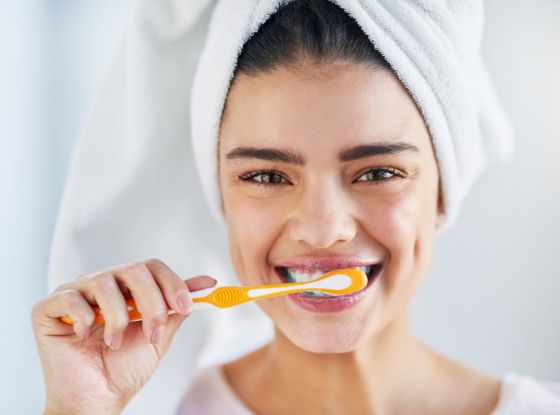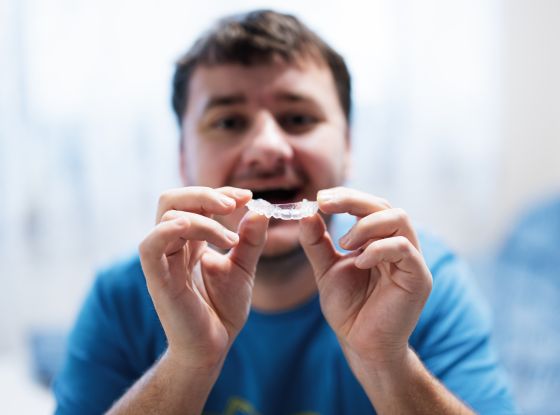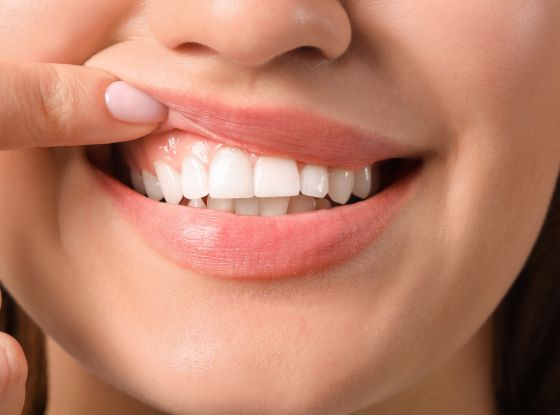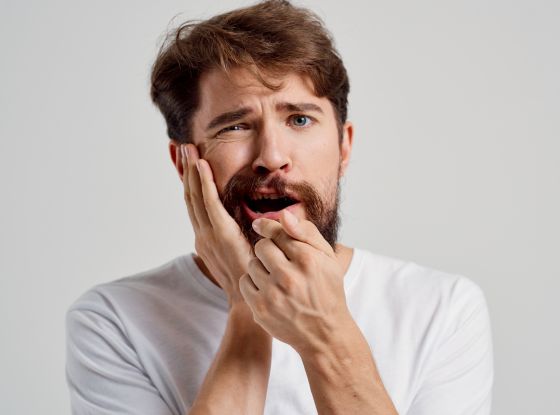Oral Hygiene Routine for Healthy Teeth

A Bright Routine: Oral Hygiene Tips for Maintaining Healthy Teeth from Green Dental Care
Maintaining a proper oral hygiene routine is essential for ensuring healthy teeth and gums. At Green Dental Care, the best dentist in Parker, CO, we emphasize the importance of regular dental care practices that can help you achieve optimal oral health. We will outline an effective oral hygiene routine, share valuable tips, and explain why each step is crucial for maintaining a beautiful smile.
Brush Your Teeth Twice a Day
Brushing your teeth is the foundation of an effective oral hygiene routine. Make sure to:
Use the Right Toothbrush: Choose a soft-bristled toothbrush that is gentle on your gums. An electric toothbrush can also be beneficial, as it can provide a more thorough cleaning.
Select a Fluoride Toothpaste: Fluoride strengthens tooth enamel and helps prevent cavities. Look for toothpaste that carries the American Dental Association (ADA) Seal of Acceptance.
Brush for Two Minutes: Spend at least two minutes brushing your teeth twice a day—once in the morning and once before bed. Divide your mouth into four quadrants, spending 30 seconds on each.
Use Proper Technique: Angle your toothbrush at 45 degrees to your gum line. Use gentle, circular motions to brush the outer, inner, and chewing surfaces of your teeth. Don’t forget to brush your tongue to remove bacteria and freshen your breath!
Floss Daily
Flossing is an essential part of your oral hygiene routine that many people overlook. It helps remove plaque and food particles from between your teeth and along the gum line. Here’s how to floss effectively:
Choose the Right Floss: Use dental floss, dental tape, or an interdental brush to clean between your teeth. Choose a product that you find easy to use.
Floss at Least Once a Day: Make it a habit to floss daily, preferably before brushing your teeth at night.
Use Proper Technique: Gently slide the floss between your teeth, following the curve of each tooth. Avoid snapping the floss, as this can damage your gums. Instead, use a gentle sawing motion to remove debris.
Rinse with Mouthwash
Mouthwash can be a beneficial addition to your oral hygiene routine. It helps kill bacteria, freshen breath, and provide an extra layer of protection against cavities and gum disease. Here’s how to use mouthwash effectively:
Choose an Alcohol-Free Mouthwash: Look for a mouthwash that is alcohol-free, as alcohol can dry out your mouth and irritate your gums.
Follow the Instructions: Use mouthwash after brushing and flossing, swishing it around your mouth for the recommended time (usually 30 seconds to one minute).
Do Not Rinse with Water Immediately After: Allow the active ingredients in the mouthwash to work by avoiding rinsing your mouth with water right after use.
Maintain a Balanced Diet
What you eat plays a significant role in your oral health. Incorporate the following foods into your diet for healthier teeth:
Fruits and Vegetables: Crunchy fruits and vegetables, like apples and carrots, can help clean your teeth and stimulate your gums.
Dairy Products: Foods rich in calcium, such as yogurt and cheese, strengthen your teeth and bones.
Whole Grains: Whole grains provide essential nutrients and fiber that can support overall health, including oral health.
Limit Sugary and Acidic Foods: Reduce your intake of sugary snacks and acidic beverages (like soda and citrus juices), which can erode tooth enamel and contribute to cavities.
Stay Hydrated
Drinking water is essential for maintaining good oral health. Water helps rinse away food particles and bacteria that can lead to plaque buildup. Additionally, staying hydrated keeps your saliva flowing, which is crucial for neutralizing acids and protecting your teeth. Aim to drink plenty of water throughout the day, especially after meals.
Visit Your Dentist Regularly
Regular dental check-ups are essential for maintaining optimal oral health. At Green Dental Care, we recommend scheduling visits at least twice a year for professional cleanings and examinations. During these appointments, your dentist will:
Identify Issues Early: Regular check-ups allow your dentist to catch potential problems early, such as cavities or gum disease, before they become more serious.
Professional Cleanings: A dental hygienist will perform a thorough cleaning, removing plaque and tartar buildup that regular brushing and flossing may miss.
Personalized Advice: Your dentist can provide personalized recommendations based on your oral health needs, helping you improve your routine.
Contact Us
Establishing and maintaining an effective oral hygiene routine is crucial for achieving and maintaining healthy teeth and gums. By following these steps—brushing twice a day, flossing daily, rinsing with mouthwash, maintaining a balanced diet, staying hydrated, and visiting your dentist regularly—you can significantly improve your oral health. At Green Dental Care, the best dentist in Parker, CO, we are dedicated to helping you achieve a healthy, beautiful smile. If you have any questions or need assistance with your oral hygiene routine, don’t hesitate to reach out to our team!





